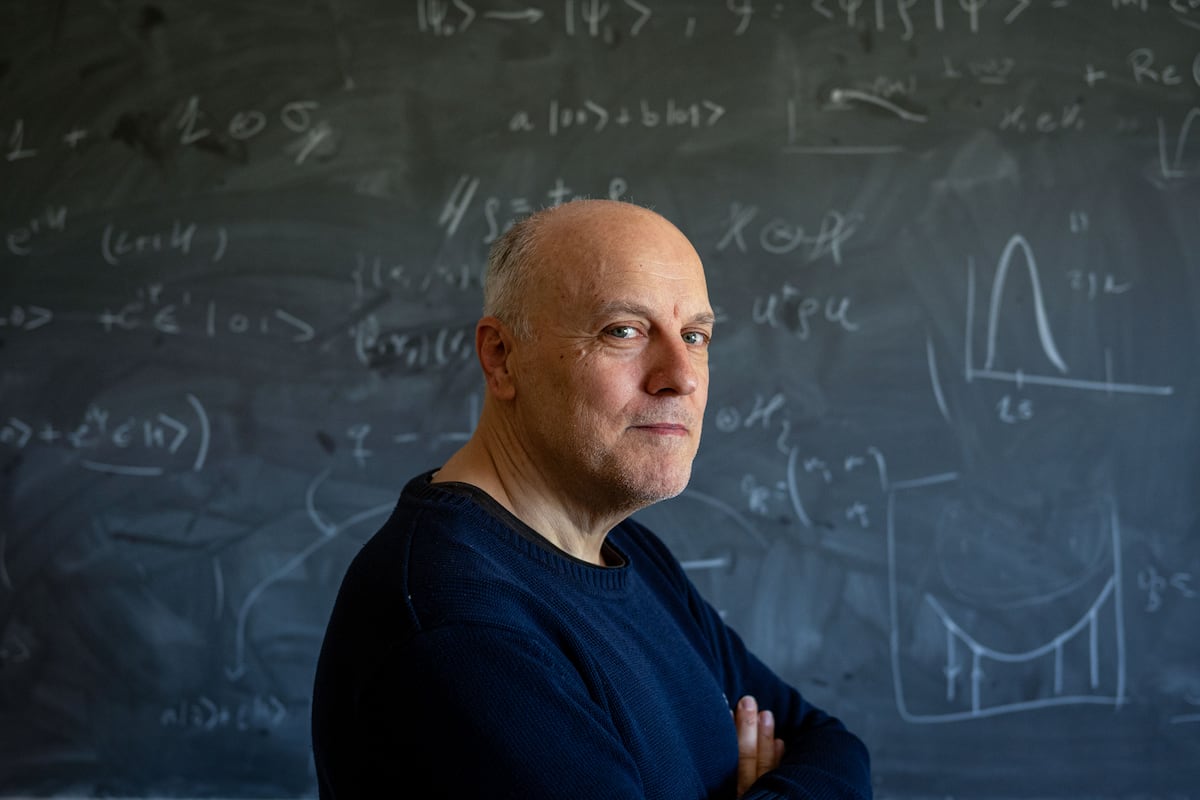
"Time is not an illusion, but the way we perceive it is. It is a necessary coordinate for describing the world: to identify any event, you need three spatial coordinates to define where it occurred and one temporal coordinate to differentiate it from others that occurred in the same place. However, the way we perceive it, and in particular how it passes, can indeed be an illusion."
"You state that neither present nor past nor future has an absolute meaning. A. In our everyday lives, we tend to think of the present of the universe as the sum of all events occurring at any given moment. However, the theory of relativity demonstrates that, for another observer, the events occurring simultaneously are different, and therefore there is no objective present, even though for all observers on Earth the facts that constitute reality are practically the same."
Time functions as a required temporal coordinate alongside three spatial coordinates to uniquely identify events. The distinction between past, present and future lacks absolute meaning because simultaneity depends on the observer according to relativity. Human perception imposes a sense of flowing time, making the past feel fixed and the future open, yet that experience can be illusory. For observers on Earth, relativistic differences in simultaneous events are negligible, so practical reality appears consistent across observers. Scientific analysis of various physics branches reveals tensions between intuitive time experience and the role of time in fundamental descriptions of the world.
Read at english.elpais.com
Unable to calculate read time
Collection
[
|
...
]